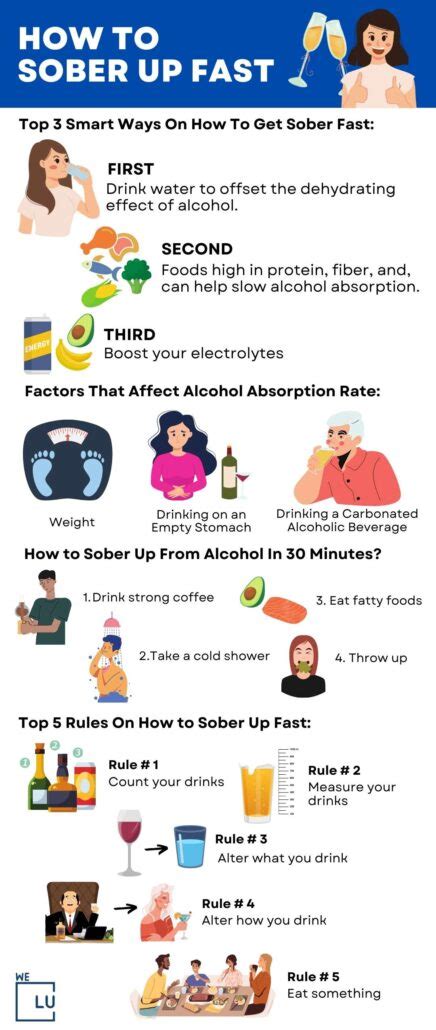How to Get Sober Fast: A Guide to Immediate and Long-Term Strategies
Getting sober quickly is a challenging but achievable goal. This guide explores immediate steps to take when you decide to quit, followed by strategies for long-term sobriety. Remember, this information is for guidance only, and professional help is crucial for safe and effective detoxification. Never attempt to detox alone.
Immediate Steps: Getting Started Right Now
The first 24-48 hours are critical. This is when withdrawal symptoms can be the most intense. Seek professional medical help immediately. Don't try to do this alone.
1. Seek Medical Assistance:
This is the most important step. A doctor can assess your situation, manage withdrawal symptoms, and recommend the best course of action. They can prescribe medication to help ease withdrawal symptoms, such as nausea, anxiety, and tremors.
2. Create a Safe and Supportive Environment:
Remove any triggers from your environment. This includes alcohol, drugs, paraphernalia, and people who encourage substance use. Surround yourself with supportive friends, family, or a sponsor. A clean and comfortable space is essential for recovery.
3. Stay Hydrated and Eat Regularly:
Dehydration and malnutrition worsen withdrawal symptoms. Drink plenty of water, eat nutritious meals, and get enough rest. Nourishing your body aids in the recovery process.
Long-Term Strategies: Building a Foundation for Sobriety
Once the initial crisis has passed, focus on long-term strategies for maintaining sobriety.
1. Detoxification Programs:
Medical detox programs offer supervised withdrawal management in a safe, controlled environment. They provide medication and monitoring to mitigate the risks associated with withdrawal.
2. Therapy and Counseling:
Understanding the underlying causes of addiction is crucial for long-term recovery. Therapy, such as cognitive behavioral therapy (CBT) and individual or group counseling, can help you address these issues and develop coping mechanisms.
3. Support Groups:
Joining support groups like Alcoholics Anonymous (AA) or Narcotics Anonymous (NA) connects you with others facing similar challenges. Sharing experiences and receiving support from peers is invaluable.
4. Lifestyle Changes:
Develop healthy habits to replace substance use. This includes regular exercise, a balanced diet, sufficient sleep, and engaging in hobbies and activities you enjoy. These changes foster overall well-being and reduce the risk of relapse.
5. Medication-Assisted Treatment (MAT):
MAT uses medication to manage cravings and withdrawal symptoms. It's a vital tool for many individuals, especially those with severe addiction. A doctor can determine if MAT is appropriate for you.
Understanding Relapse and Prevention
Relapse is a common part of the recovery journey. It's crucial to have a relapse prevention plan in place. This might involve identifying your triggers, building a strong support network, and having a strategy for managing cravings.
Important Note: This information is not a substitute for professional medical advice. If you or someone you know is struggling with addiction, seek help immediately from a healthcare professional or addiction specialist. There are resources available to help you. Don't hesitate to reach out.
